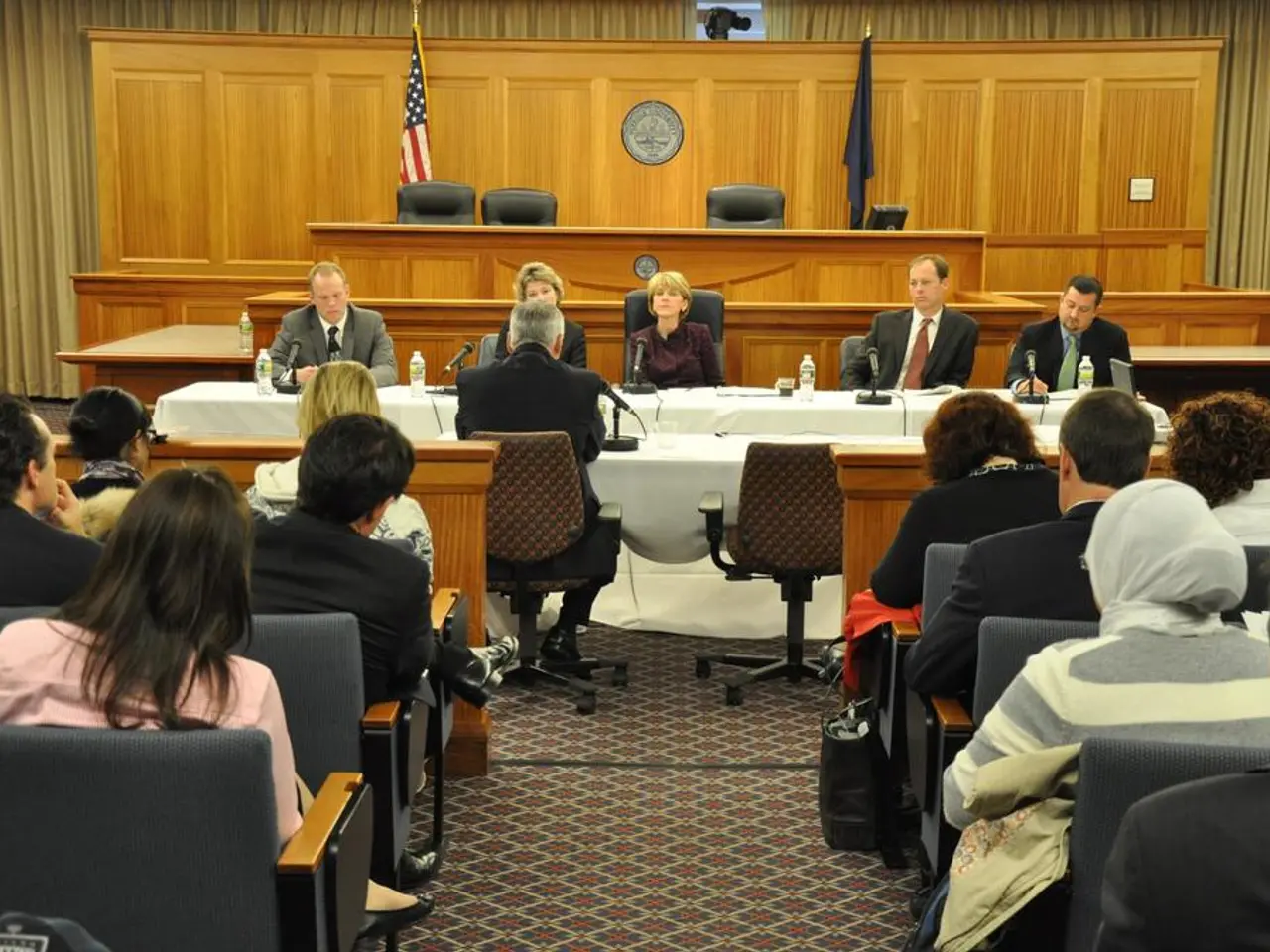Celebrating 75 years of the Council of Europe: Advocating for human rights, democracy, and legal order globally
The Council of Europe, a 75-year-old organisation committed to democracy, the rule of law, and individual self-determination, is set to adopt a convention on artificial intelligence to safeguard citizens in the digital realm. This move underscores the Council's continued relevance and dedication to evolving challenges in the modern world.
Based in Strasbourg, France, the Council of Europe serves as a guarantor of democracy and human rights for its 46 member states, excluding Russia, which was excluded due to its ongoing aggression against Ukraine. The Council represents over 700 million people and boasts a rich collection of over 200 conventions and protocols, including the European Convention on Human Rights, the Istanbul Convention, the Anti-Torture Convention, and the European Social Charter.
However, the Council of Europe is not without its challenges. Autocrats from outside, such as Vladimir Putin, and demagogues within see democratic values as a weakness. The organisation faces threats from populists and nationalists in Europe who imprison journalists, manipulate courts, and incite against so-called 'others'. These threats require a strong defense of the shared values of the Council of Europe, a defense that Foreign Minister Annalena Baerbock has emphasised during her visit to the Council's headquarters in Strasbourg, France.
In response to these challenges, the Council of Europe has established a damage registry for Ukrainians to document personal losses due to ongoing Russian aggression. This registry aims to provide support and justice to those affected by this conflict.
The Council of Europe's unique instrument, the European Court of Human Rights, also plays a crucial role in holding member states accountable for human rights violations. This court ensures that the Council's values are upheld and that citizens are protected, even in the face of adversity.
As the Council of Europe continues to face threats, it remains steadfast in its mission to protect and promote democracy, human rights, and the rule of law. The adoption of the artificial intelligence convention is just one step in this ongoing journey. The Council of Europe, with its rich history and commitment to its values, continues to be a beacon of hope in a world that often seems uncertain.
Read also:
- United States tariffs pose a threat to India, necessitating the recruitment of adept negotiators or strategists, similar to those who had influenced Trump's decisions.
- Weekly happenings in the German Federal Parliament (Bundestag)
- Southwest region's most popular posts, accompanied by an inquiry:
- Discussion between Putin and Trump in Alaska could potentially overshadow Ukraine's concerns








